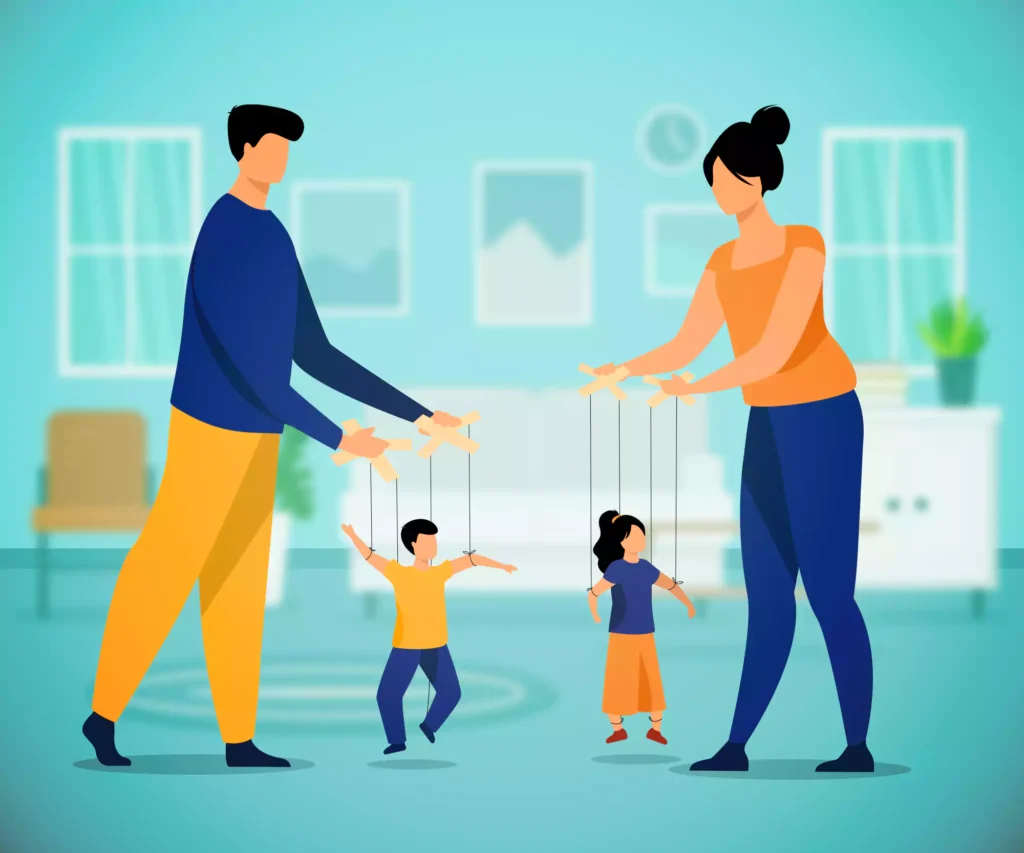When compared to European or Western lifestyles, Asian parents generally raise their children differently. Filial devotion is a prime characteristic of Asian parents. With Asian movies gaining more global audiences, you (if you are an Asian) can relate more to the on-screen depiction of Asian parents, our culture, and individual development.
Things you can relate to as an Asian kid
If you are Asian, have you heard your parents utter these phrases at least once in your life?
- That’s not something we do in our family
- You can’t imagine how much pain and struggle we endured for you
- Look at our neighbour’s/relative’s children! Why aren’t you as bright as them?
- Stop complaining. It’s for your own good.
The bottom line is your parents know what is best for you, and you should be a ‘dutiful’ child. But the definition of obedience is never the same. You are a terrible child if you fail to follow the track of dutifulness. An ‘obedient’ child means who has no right to take independent decisions. However, decision-making skills are a necessity for your adult life. Not taking the right decisions could cost you your job and cause financial struggles and relationship issues.
The on-screen portrayal of Asian parents
Many movies and shows have depicted the problematic sides of Asian parenting. You can relate to them whether they are made from a Western viewpoint or an introspective one. Let’s get into the details of how a few movies and television shows captured Asian parenting styles in various ways:
1. 3 Idiots
3 Idiots has been my all-time favourite for so many right reasons! This movie deals with so many problematic phases that most students in India go through without even complaining. Director Rajkumar Hirani has brilliantly captured how families across different economic levels guilt their children into permanent life decisions. For example, Farhan’s father provides him every tool to become a successful engineer. So, he feels deeply betrayed after learning about his son’s passion for photography. Isn’t it strange how parents decide their child’s career path without asking them first?
Let’s talk about Sharman Joshi’s Raju Rastogi, who is so overwhelmed with his impoverished family circumstances that he attempts suicide. Most Asian parents believe that the child’s bright future is the reward of the parents’ hardships. Therefore, the greater the sacrifices the parents make, the higher the child’s pay scale should be in the future.
2. The Namesake
The Namesake depicts the challenges a first-generation American son faces as he grapples with his identity. At the same time, his parents attempt to comprehend his life decisions. The parents are taken aback upon meeting Nikhil’s Caucasian girlfriend. However, Nikhil’s union with an Indian family acquaintance (deemed an acceptable match) ends in divorce. The film uses metaphors to suggest that a parent’s anguish is intertwined with the child’s experiences and the family’s shared recollections.
3. Crazy Rich Asians
Michelle Yeoh’s character in Crazy Rich Asians is another classic example of a ‘mother knows the best’ when she disapproves of her son’s lower-class girlfriend. In the movie, Constance Wu’s Rachel Chu gets a wake-up call when she learns more about the Singaporean elite’s standards and notions. As per Asian parenting, meddling in their children’s affairs is a SIGN of LOVE! Sure, they can have their affairs, but marriages will happen only with the mother’s approval.
4. Dil Dhadakne Do
When we are talking about the on-screen portrayal of Asian parents, Dil Dhadakne Do gets in the line automatically. The movie mainly revolves around how the Mehras are more mindful of maintaining the status quo than “allowing” their children to live on their own terms. The film is a classic example of how the parents decide everything, from where the kids should study, which career to pick, and whom they should choose as their spouse. It’s sad how women in Asian households are still conditioned to stick with abusive, toxic relationships because divorce is not a ‘glorious’ path to take!
Despite their commercial success, these on-screen masterpieces depict classic examples of gaslighting that most Asian parents have been doing (sometimes without even realising) for so long.
These parents believe themselves to be the victims. Yet, simultaneously, they deny their shortcomings and confuse love and support with domination and dismissal.
Overall, we cannot criticise Asian parenting because the new generation of young parents is abandoning harmful traditions. They now realise that some of their experiences in childhood were clearly gaslighting, and they have begun to incorporate gentler forms of modern parenting. Nonetheless, these fictional representations still remain significant because they occasionally highlight a culture’s positive and negative facets. After all, a little self-reflection never hurts anyone.

